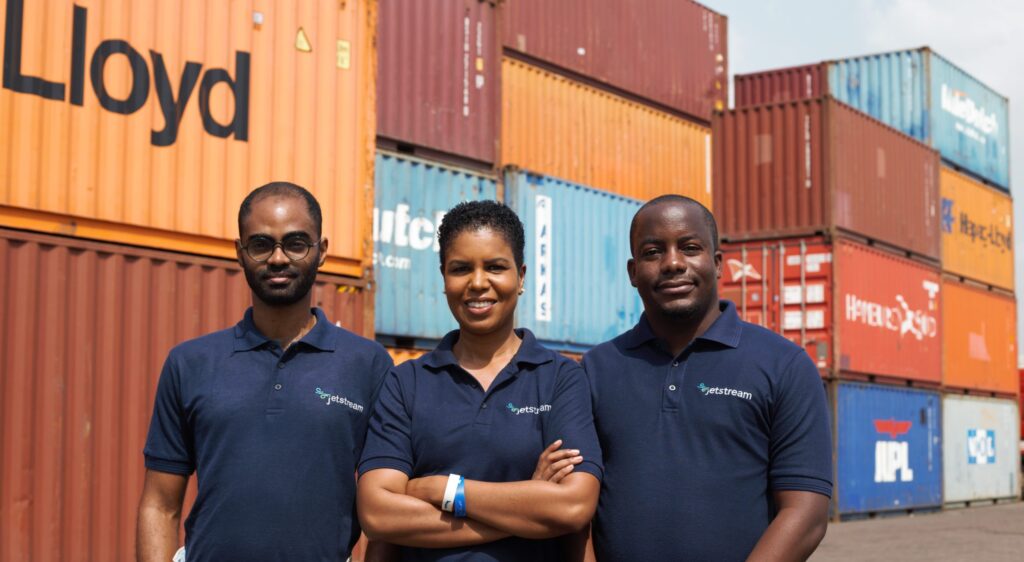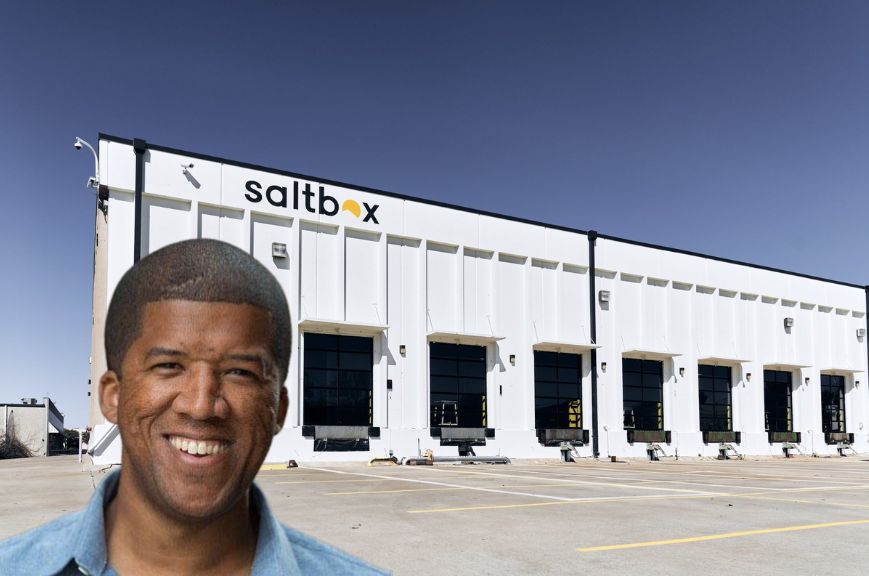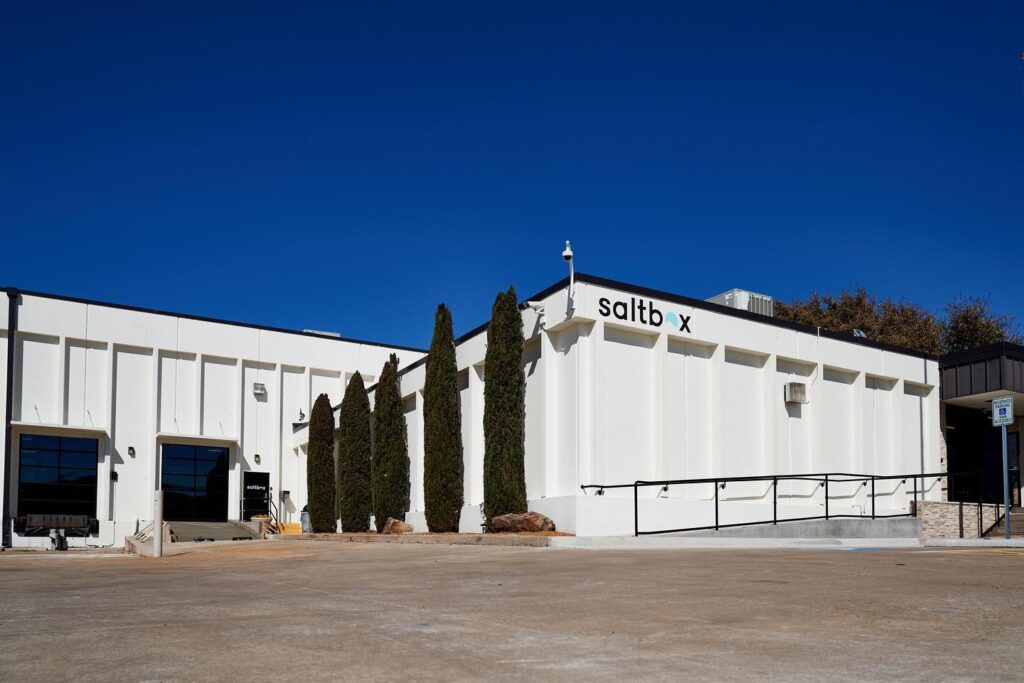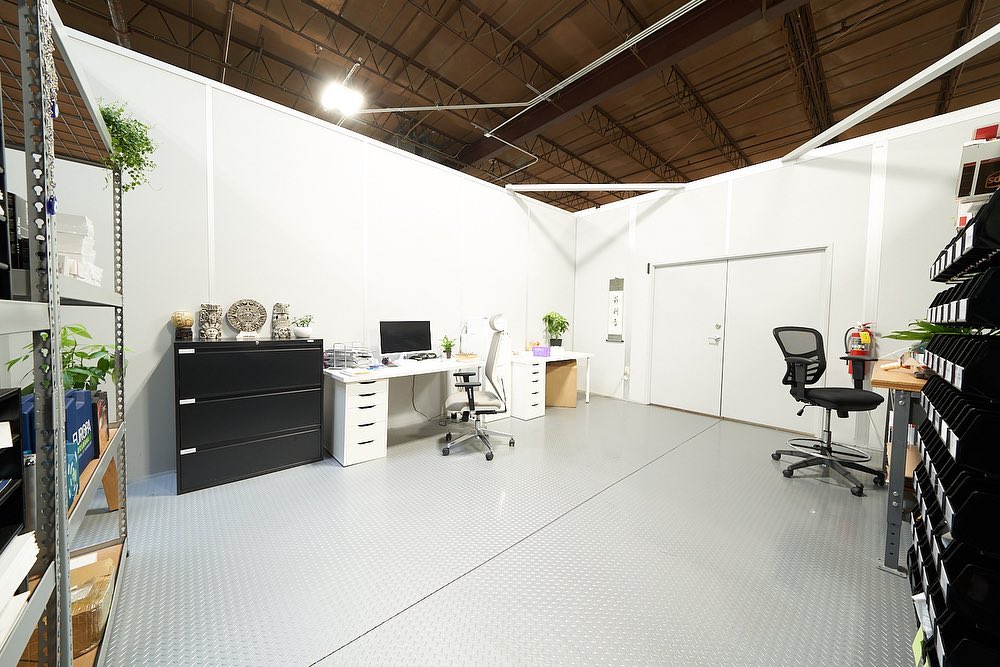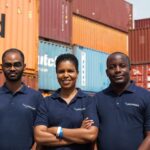Diagon is a company that’s redefining the way manufacturers find and purchase equipment. They offer a next-generation procurement platform that streamlines the entire process, providing a consolidated user experience for a faster, more efficient workflow.
They recently announced that they have secured $5.1 million in seed funding in a round led by The Westly Group, with participation from Valia Ventures, Techstars, Foster Ventures, Foxe Capital, Anthemis Group, Ventures Together, and REFASHIOND Ventures: The Industrial Transformation Fund.
Tackling Manufacturing Challenges
Establishing new manufacturing capacity often comes with intricate challenges. Identifying qualified suppliers and managing complex equipment projects are two of the biggest hurdles. Diagon offers a comprehensive solution to address these issues.
The platform provides manufacturers with access to a qualified network of equipment suppliers, system integrators, and service providers. This ensures they can find the right partners for their specific needs. Additionally, Diagon offers a user-friendly toolkit specifically designed to manage complex equipment procurement projects effectively.
Empowering Manufacturers Across the Board
With Diagon’s platform, manufacturers can experience a significant shift in their procurement process. Traditionally, sourcing equipment has been a time-consuming and complex task. Diagon simplifies this by allowing manufacturers to locate and procure equipment with the ease and speed typically associated with larger enterprises.
Furthermore, the platform offers functionalities like milestone tracking, real-time project status updates, and comprehensive project management, empowering manufacturers of all sizes to navigate complex projects efficiently.
Positioned for Growth
Diagon’s leadership team possesses a deep understanding of the manufacturing industry’s needs. Co-founder and CEO, Will Drewery, formerly managed over $700 million in annual capital expenditure (CAPEX) spend at Tesla. This firsthand experience fueled the vision for Diagon’s platform, designed to address the critical shortcomings of traditional procurement tools.
The company’s strategic plan leverages the $640 billion North American manufacturing equipment market. The funding will enable Diagon to make strategic investments in its future.
This includes ongoing platform development, recruiting top talent to propel the company forward, targeting manufacturers in key industries like aerospace, automotive, and battery production, and exploring various equipment financing options to cater to a broader range of customer requirements.
Looking Ahead
Diagon is poised to become a pivotal force in American manufacturing. With its commitment to streamlining procurement and empowering companies to build the factories of the future, Diagon is a game-changer for the industry.












